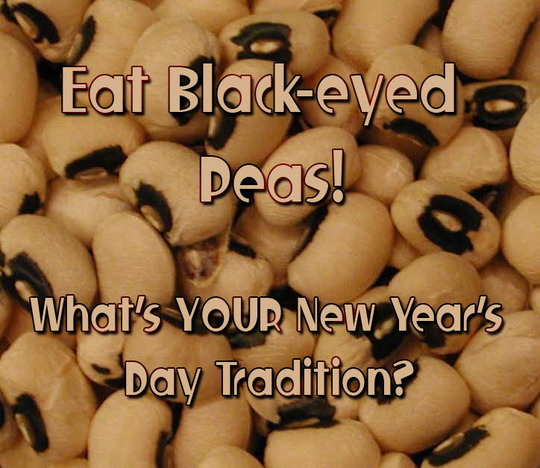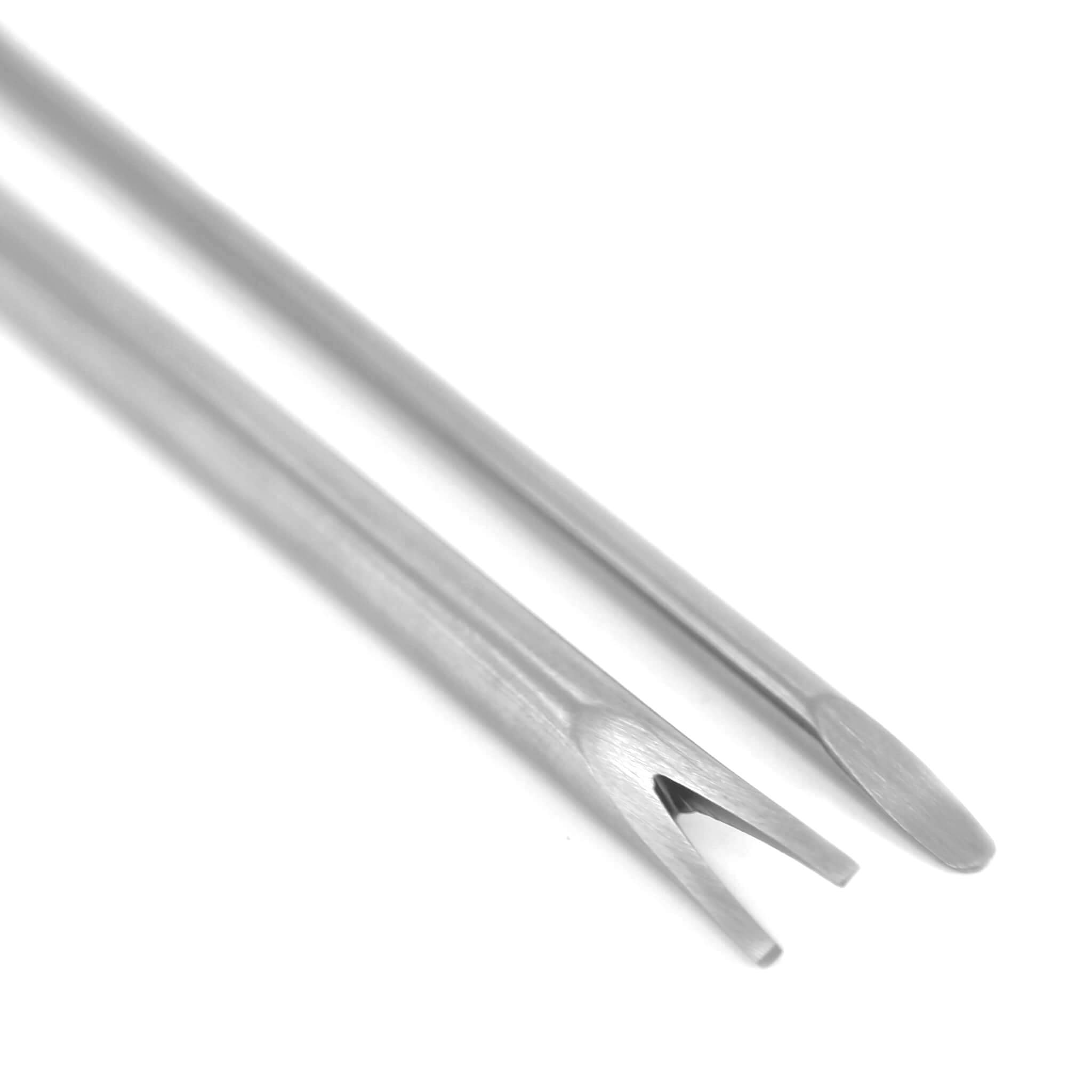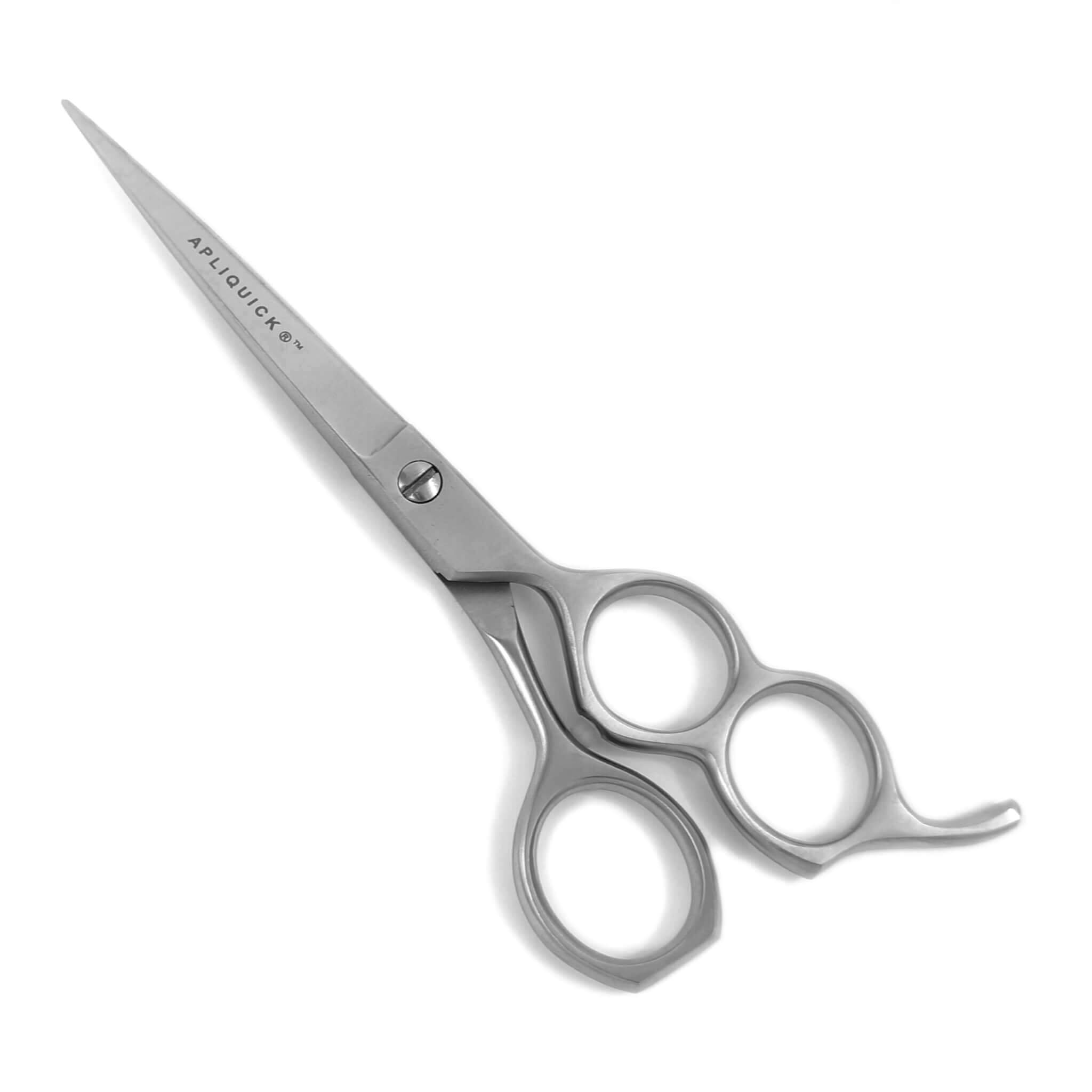
My family eats black-eyed peas. I've done this every new year's day of my life. They are meant to bring prosperity. A few years back I was in Canada on New Year's day for a quilt gig and my hostess (actually Susan Purney-Mark - see her in Episode 309 with Daphne Greig) managed to find a can of 'salad beans' in a Canadian supermarket and I picked out the black-eyed peas so I wouldn't break tradition. There must be plenty of other New Year's Day traditions in our world quilt community - so tell us about your traditions - especially let us hear from those of you outside of the US.
But did you know...
Black-eyed peas are traditionally eaten on New Year's Day in the American South and in some other parts of the U.S. In some areas, they are served as a starchy side dish, cooked with or without sidemeat, bacon, ham bones, fatback or another pork product and/or diced onion, and often served with a hot chili sauce or a pepper-flavored vinegar. In other areas, they are served in a traditional dish called "Hoppin' John" made of black-eyed peas cooked with rice, sometimes pork (such as hog jowls, ham hock, sidemeat or fatback), and seasonings.
The traditional meal also features collard or mustard greens or cabbage. This is supposed to bring good luck and financial enrichment. The peas stand for good luck, the greens symbolize paper money. Cornbread also often accompanies this meal.
The "good luck" traditions of eating black-eyed peas on New Year's Day are recorded in the Babylonian Talmud. This custom is followed by Sepharadi and Israeli Jews to this day. The first Sepharadi Jews arrived in Georgia (U.S.) in the 1730s and have lived there continuously since. The Jewish practice was apparently adopted by non-Jews around the time of the Civil War.
These "good luck" traditions date back to the U.S. Civil War. Union troops, especially in areas targeted by General William Tecumseh Sherman, would typically strip the countryside of all stored food, crops, and livestock and destroy whatever they couldn't carry away. At that time, Northerners considered "field peas" and corn suitable only for animal fodder, and as a result didn't steal or destroy these humble foods. Many Southerners survived as a result of this mistake.
Additional information provided from Wikipedia.




.jpg)


